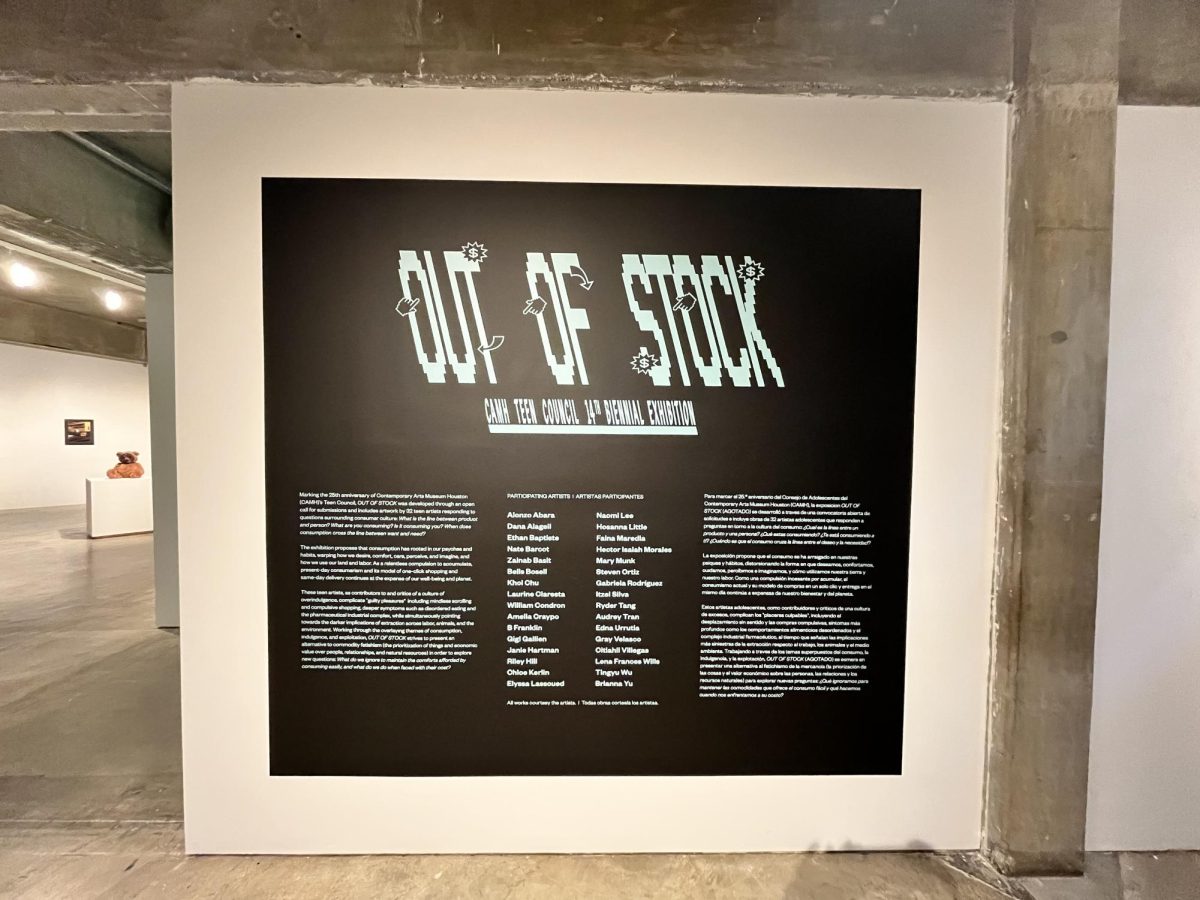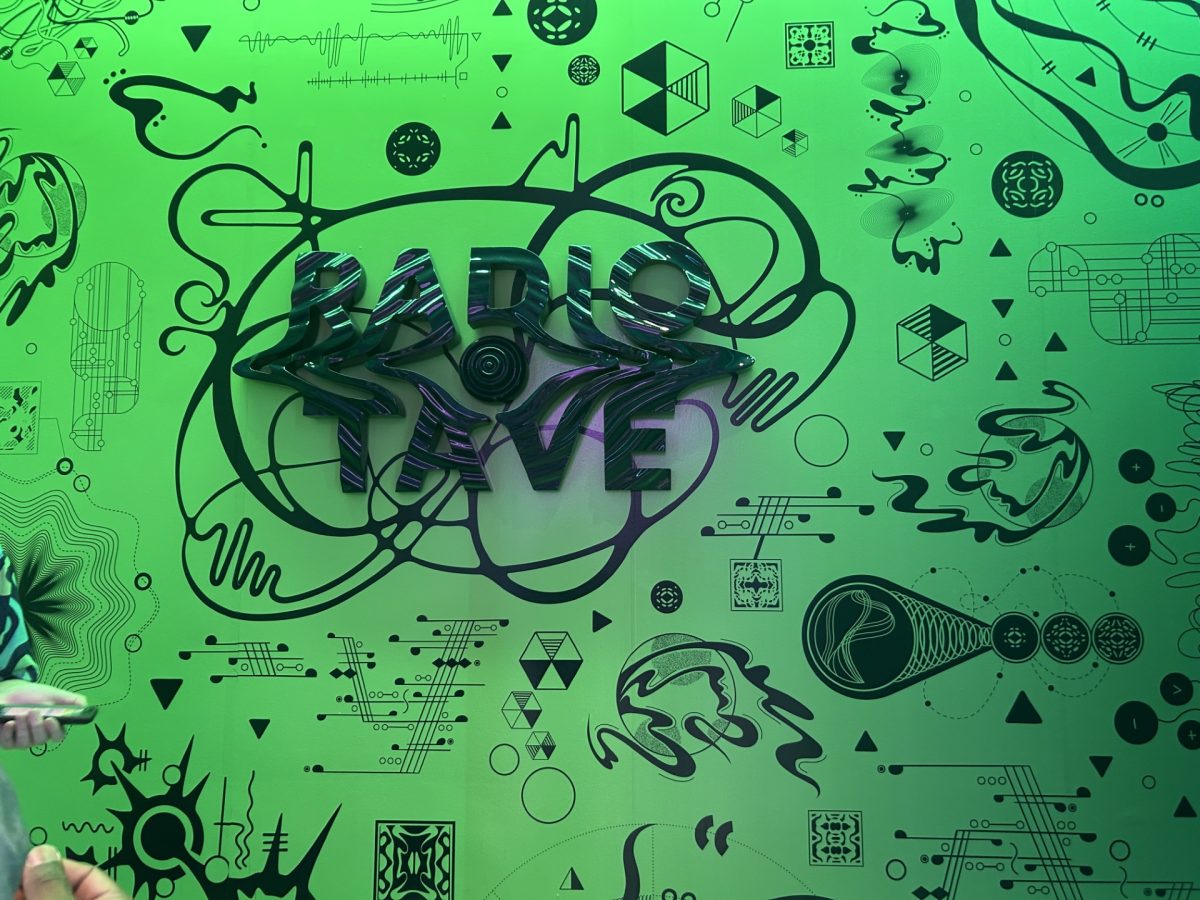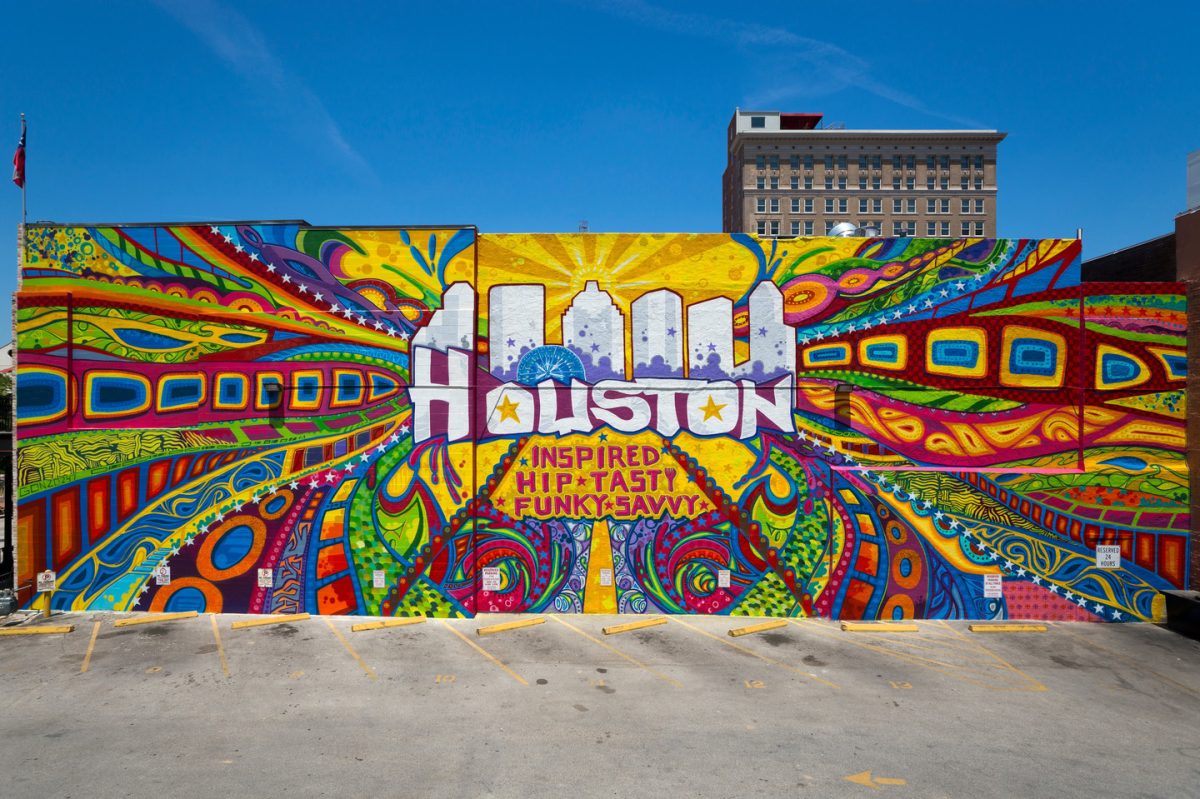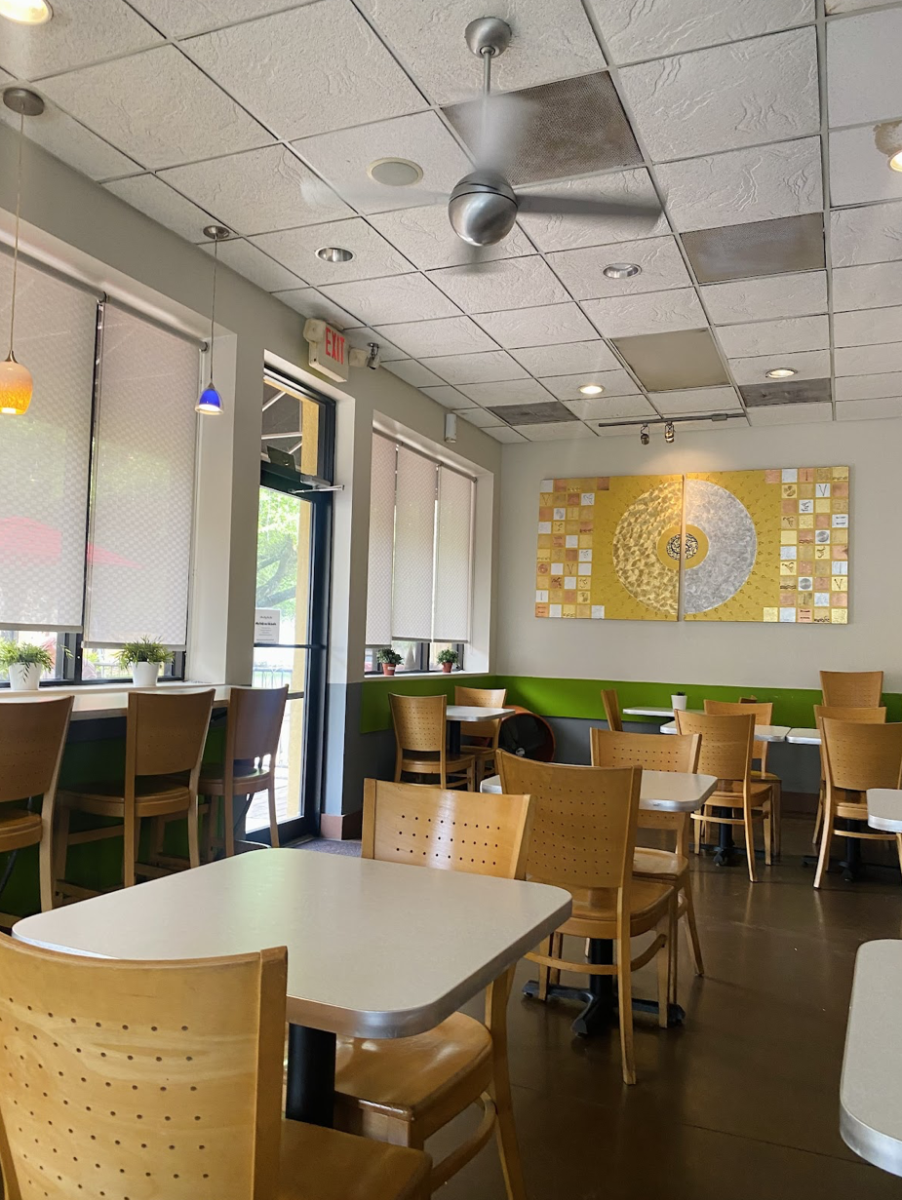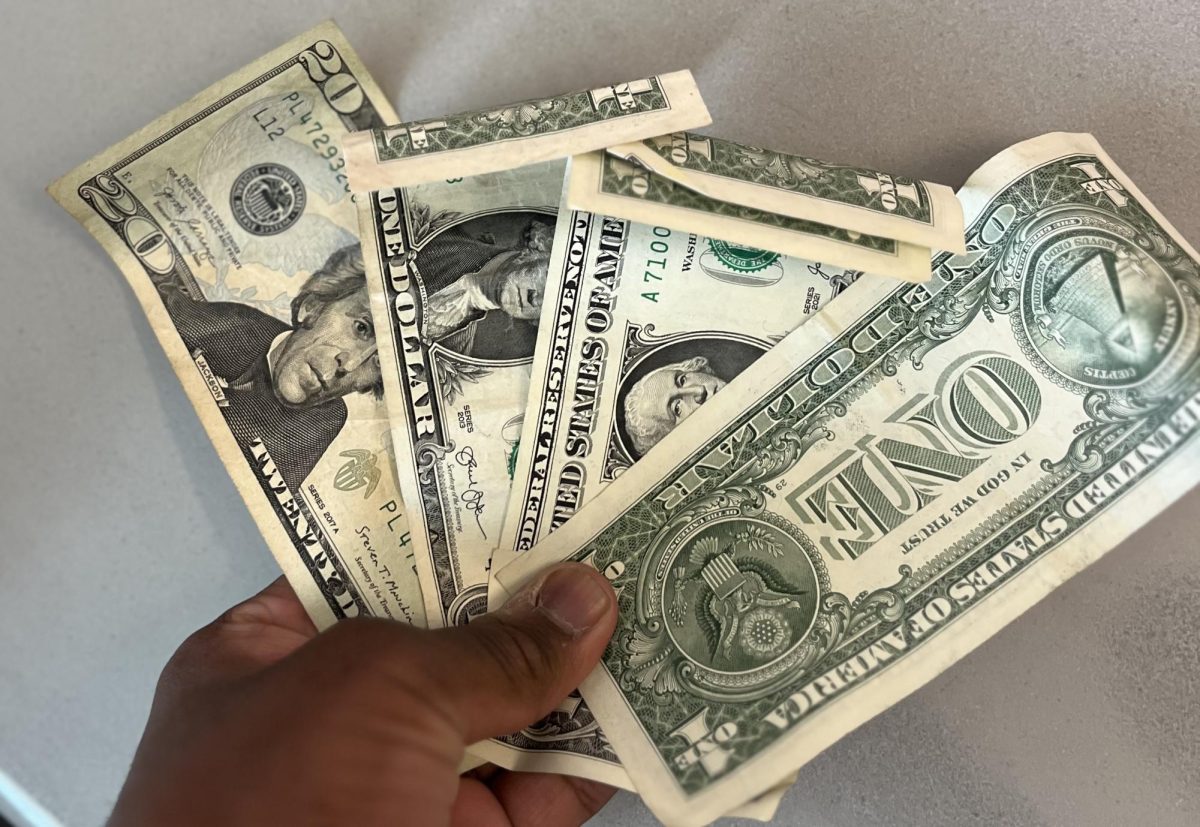Today, when turning on the FM pop radio, it’s likely that you will hear a song that you’ve heard on your favorite influencer’s TikTok videos. The Top 50 Charts on streaming platforms are featuring more and more sped-up songs and overproduced pop parodies of children’s songs, and it’s up for debate whether that’s a good thing or not.
The social media platform, TikTok, is uniquely shaping today’s music industry, making irreversible changes that reflect the nature of the app. In an age of converging social media platforms and their influences with surrounding entertainment industries, music has become inextricably linked with these apps. However, TikTok’s unique structure, one that elicits a short attention span that must be kept by constantly scrolling through videos algorithmically honed to keep your eyes hooked to the screen, makes for a special set of characteristics that a song must have to go viral on the app. In the wake of this, many musicians are scrambling to produce songs that have viral-worthy hooks, no matter how redundant or poorly written that song may be. So, that leaves us with one big question: Are today’s top streamed songs truly loved by listeners, or are they just produced with the ingredients necessary to go viral?
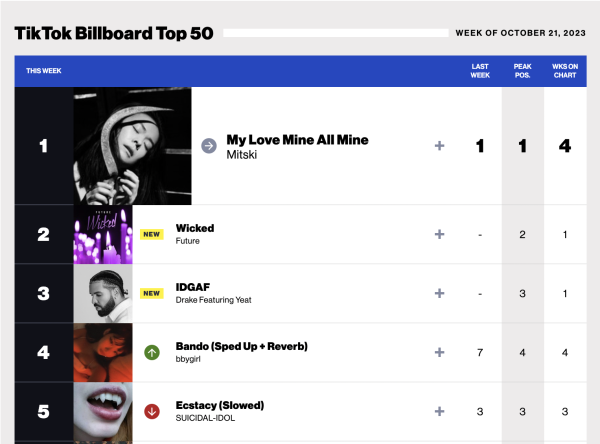
The question isn’t an easy one to answer and cannot universally apply to every chart-topping song. To break it down, let’s first talk about this somewhat-newly found relationship between TikTok and the music industry. Just last month, Billboard announced their partnership with TikTok in making a top 50 chart tracking each week’s most popular songs on the app. Billboard explained in their introduction of the chart that it “is based on a combination of creations, video views and user engagement.” Clearly, TikTok trends are under the eye of the music industry; RCA Records’ digital marketing senior vice president, Tarek Al-Hamdouni told Business Insider, “We’re constantly monitoring actions, reactions, and trends that happen on TikTok.” The specific importance placed on the use of artists’ music on the app has given way to several viral artists such as Tiagz, who make songs that might be a pain to listen to all the way through, but have the short term appeal necessary to be used by millions of creators in their TikTok videos. Personally, when looking over Billboard’s top 50 chart of TikTok songs, I didn’t recognize the majority of songs. But, as someone who doesn’t use the app, I decided that for the sake of credibility, polling fellow students at Carnegie could help to see if these top songs are really listened to outside of the app.
Out of those who reported that they were active users of the app, more than 70% of responders claimed that they were not familiar with most of the songs listed. Moreover, out of those who reported as non-TikTok users, all participants claimed to be unfamiliar with the majority of songs, with the exception of a few knowing Mitski’s single, “My Love All Mine”. Among the songs that most people didn’t know, the most unknown were “Ecstacy (Slowed)” by SUICIDAL-IDOL and “Wonder If U Care” by flying fish.
Clearly, Billboard’s top 50 TikTok chart does not accurately represent what people are actually listening to. Not only this, but the TikTok chart does not match the actual top 50 chart itself, with the former showcasing a more concentrated genre of hyperpop with the exception of some hip-hop and pop and the latter including a wider range of genres such as pop, hip-hop, country, and Latin. The top 50 songs on TikTok do not correlate to the top 50 songs actually streamed, so why are artists being pressured to make songs that will go viral on the app if so many of these viral songs aren’t listened to outside of the app?
That question remains unanswered, but the issue is pressing and impactful nonetheless. As the influence of TikTok on the music industry continues to increase, artists’ creations are influenced and molded by the standards of the app. However, whether this becomes detrimental to the music industry and the quality of the projects that musicians put out has already become clear in the releases of songs that are painstakingly clearly made for the sake of social media rather than music itself.



